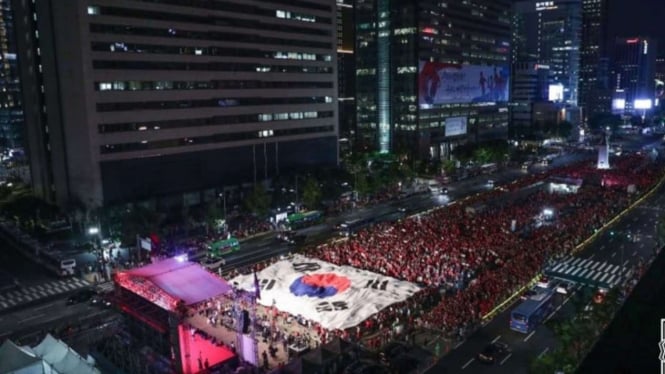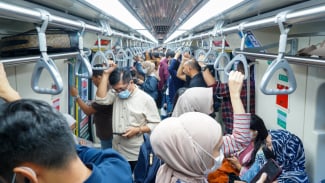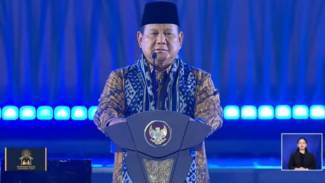South Korea Offers IDR 7,3 Million per Month for Young Lonely People
- KFA/Allkpop
VIVA – South Korea offers US$500 or IDR 7.33 million per month to lonely young people. It aims to encourage them to leave their homes to socialize. Either to push them back to school or to find work.
The South Korean Ministry of Gender Equality and Family said that the conditions for recipients of the incentives were lone youths aged 9-24 years. The government will pay IDR 7.33 million per month for food, clothing, housing, and other living expenses.
Based on data, the average young generation in South Korea is isolating themselves due to personal trauma, bullying at school, academic stress, family conflicts, or lack of attention from their parents.
As information, it also includes allowances for cultural experiences for teenagers. About 350,000 people between the ages of 19 and 39 in South Korea are considered lonely or isolated, about 3% of that age group, according to the Korea Institute for Health and Social Affairs.
Seoul, Korea Selatan
- unsplash,com
Alienated or secluded teenagers often come from disadvantaged backgrounds and 40% start living alone as teenagers, according to a government document outlining the measures. The document includes case studies that describe young people becoming loners as a way to cope with setbacks in their family life.
One young person described their depression as a result of domestic violence. "When I was 15 years old, domestic violence made me so depressed that I started living alone.
A lethargic person who often slept or had no choice but to eat when hungry and go back to sleep," said one teenager in the research study. Others said they had become loners when their families "broke down".
South Korea also has a relatively high youth unemployment rate of 7.2% and is trying to cope with a rapidly declining birth rate that further threatens productivity.
"This policy is a welfare measure. While it's good to try different approaches to increase the working-age population, it can't be seen as a long-term solution to fix the population problem here." told Shin Yul, a political science professor at Myongji University in Seoul.



























